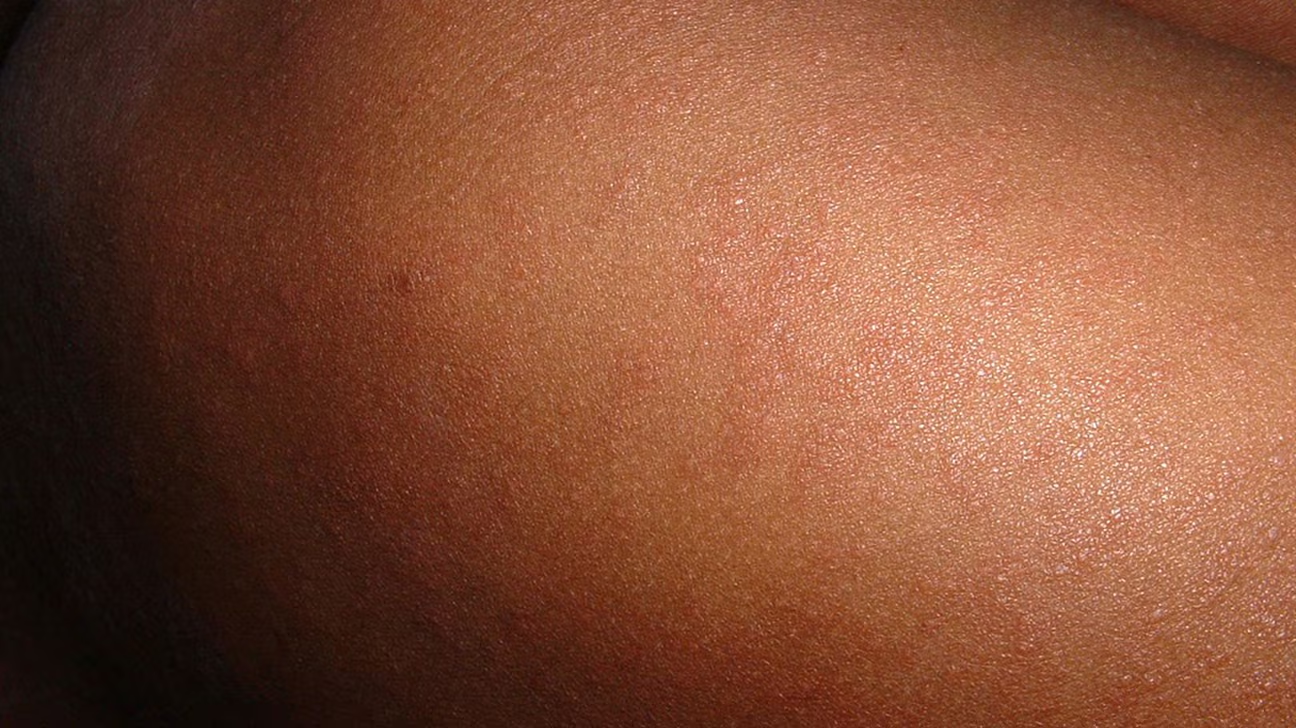What is Measles?
Measles is a very contagious viral illness that spreads easily from one person to another through coughing, sneezing, or close contact. Anyone who is not vaccinated can get measles. It causes a high fever, a red blotchy rash, and irritation in the eyes, nose, and mouth. While most children recover completely, measles can be serious and sometimes life-threatening, especially in young children, malnourished children, or those with weak immune systems.
If you or your child may have measles, you can book a consultation with Hope Plus to speak directly with a healthcare provider. They can give advice on how to manage symptoms at home, prevent the infection from spreading, and know when hospital care is needed.
Signs and Symptoms
- Early signs usually appear 7–14 days after exposure. These include: high fever, feeling very tired, runny nose, cough, red and watery eyes, and tiny white spots inside the mouth called Koplik’s spots.
- Rash development: A few days after the first symptoms, a red, blotchy rash appears, usually starting on the face and neck, then spreading to the rest of the body. The rash may be itchy and appears in “crops,” meaning new spots appear over several days.
- Other signs can include loss of appetite, vomiting, diarrhoea, and general weakness.
Complications to Watch For
While many children recover without problems, some may develop serious complications:
- Lung infections (pneumonia) or ear infections
- Severe malnutrition, especially if the child has diarrhoea
- Mouth infections that can damage the tissues around the mouth
- Eye infections that can lead to temporary or permanent blindness
- Brain inflammation (encephalitis) causing seizures or long-term neurological issues
- Bleeding disorders caused by low platelet count
Caring for Someone with Measles
- Keep the patient isolated from others, especially unvaccinated children and people with weak immunity, until the rash has completely healed.
- Give plenty of fluids and soft, nutritious foods to prevent dehydration and support recovery.
- Reduce fever with paracetamol if needed. Avoid aspirin in children.
- Vitamin A supplements are important for recovery and preventing complications. They are given in three doses: at the time of diagnosis, the next day, and two weeks later. The dose depends on the child’s age.
- Keep the patient comfortable, let them rest, and monitor for any signs of worsening illness, such as difficulty breathing, persistent vomiting, or unusual drowsiness.
When to Seek Medical Help
Go to the nearest health facility if:
- The patient has difficulty breathing
- There is persistent high fever or worsening rash
- There are signs of dehydration (dry mouth, very little urine, sunken eyes)
- The child or adult becomes very drowsy or unresponsive
- Any complications develop
Prevention
Address myths, such as avoiding certain foods, which do not help in measles recovery.
Vaccination is the most effective way to prevent measles. Children should receive the recommended doses as per the national immunisation schedule.
Avoid contact between infected individuals and others until the rash has cleared.
Teach family members proper hand hygiene and respiratory etiquette to reduce the spread of infection.


